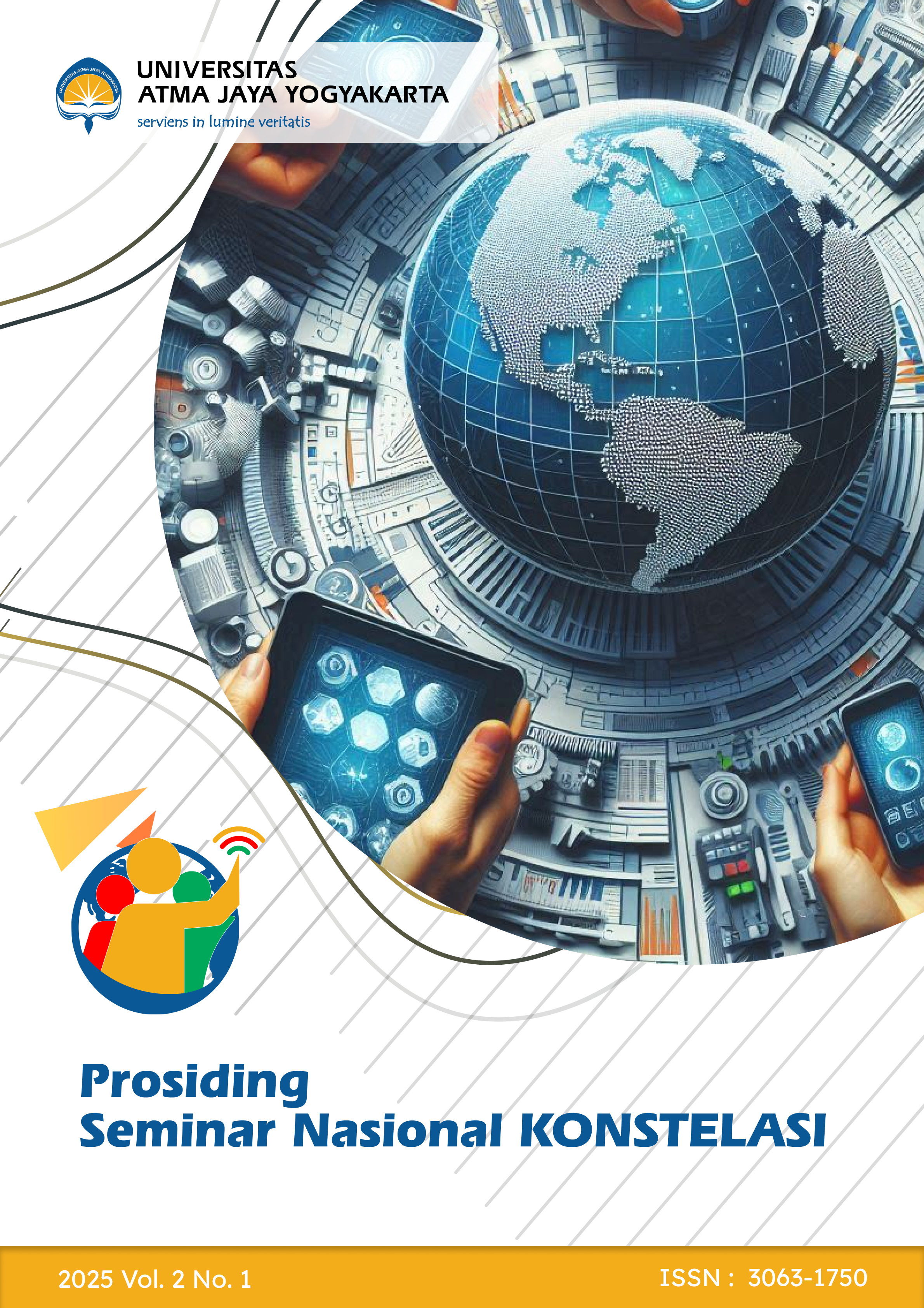The Effect of Hybrid RBF-Polynomial Kernel on the Accuracy of Mathematical Models in Data Forecasting and Classification
DOI:
https://doi.org/10.24002/prosidingkonstelasi.v2i1.10984Keywords:
Hybrid Kernel; RBF-Polynomial, Mathematical Models, Forecasting, ClassificationAbstract
As a recent development in machine learning methods, the hybrid RBF-polynomial kernel has shown significant potential in enhancing model performance in various complex data applications. This study aims to analyze the impact of the RBF-polynomial hybrid kernel on the accuracy of mathematical models in forecasting and data classification. The methodology used in this research is a qualitative approach with a Systematic Literature Review (SLR), examining indexed literature in databases such as Scopus, DOAJ, and Scispace with a publication range between 2014 and 2024. Based on the evaluation of the application of the RBF-polynomial kernel and its relevance across various fields, it can be concluded that the RBF-polynomial hybrid kernel combination demonstrates significant potential in improving model accuracy for complex data. The main advantage of this model lies in its ability to handle high data variation, noise, and irregular data distributions. However, the use of this hybrid model also faces challenges, particularly in terms of higher computational complexity, longer training times, and the optimal selection of parameters to avoid overfitting or under-fitting issues. This study is expected to contribute to the development of more efficient algorithms, especially for real-time applications and large datasets, and to open opportunities for further research into the automation of parameter selection and the reduction of class imbalance impacts in mathematical models.








